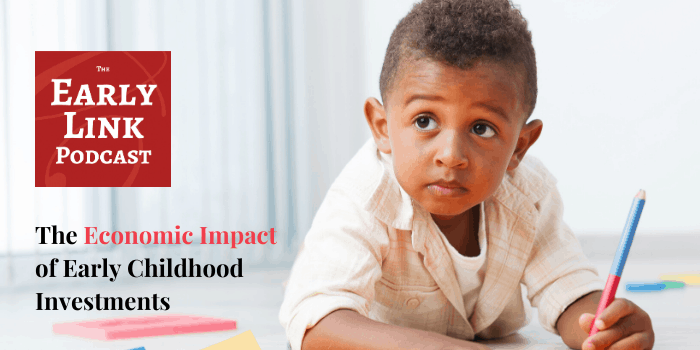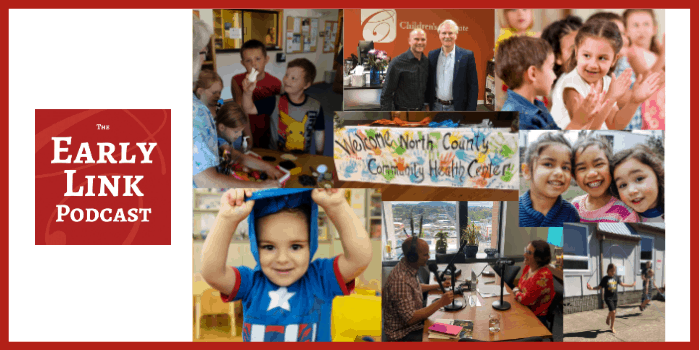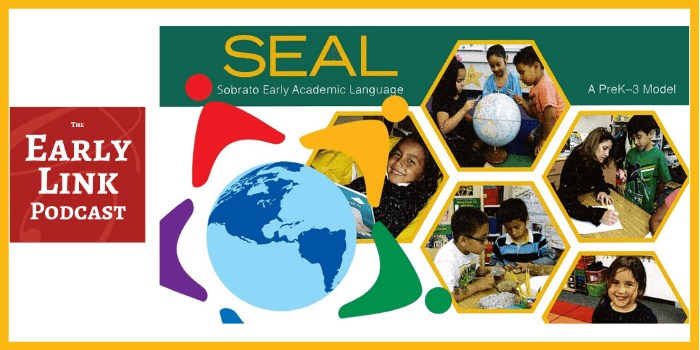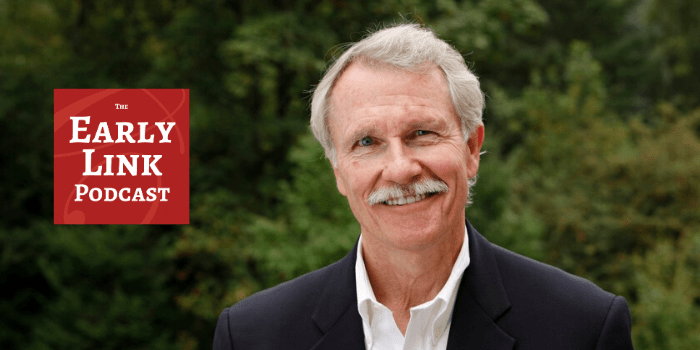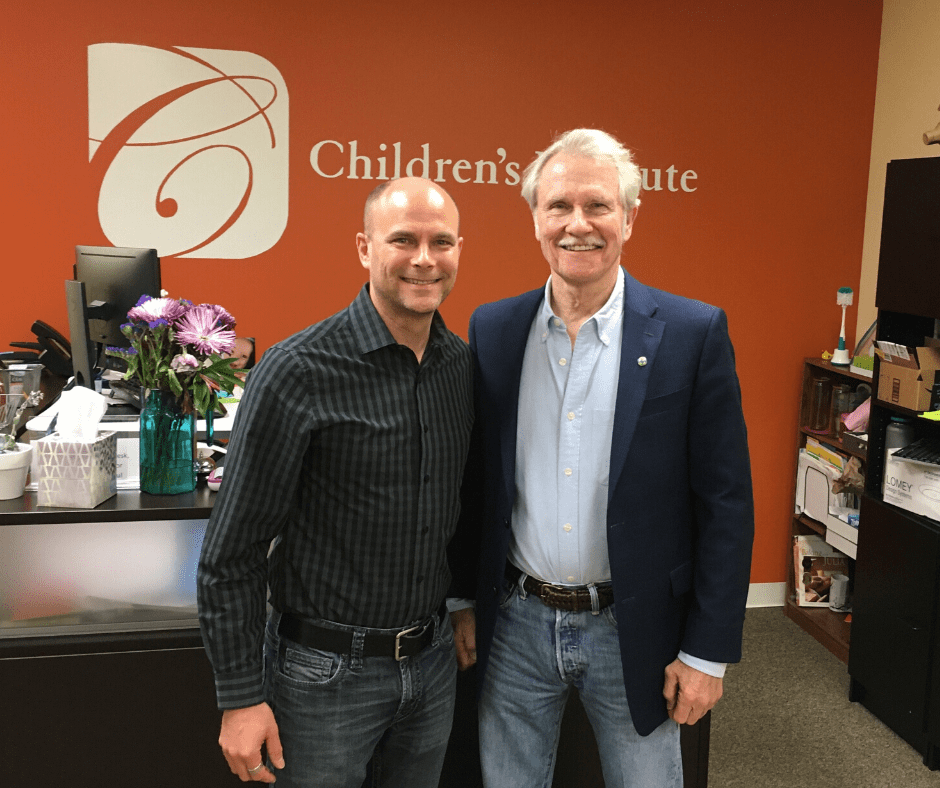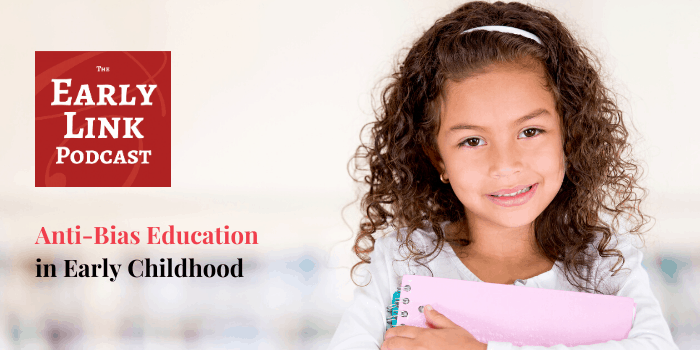
Soobin Oh Discusses Anti-Bias Education in Early Childhood
Definitions:
Institutional Bias is the tendency of institutions to advantage and favor certain groups of people while other groups are disadvantaged or devalued.
Explicit Bias is attitudes and beliefs of individuals about other people or groups of people on a conscious level.
Implicit Bias is attitudes and beliefs of individuals about other people or groups of people on an unconscious level. Implicit bias is a problem for educators because it can come into play in a classroom without intent.
A Tourist Curriculum is a superficial educational approach that does not make diversity a routine part of the ongoing, daily learning environment. Instead, it is curriculum that “drops in” on strange, exotic people to see their holidays and taste their foods, and then returns to the “real” world of “regular” life. Essentially it treats non-western cultures as “other.”
Recommended Reading
What is Anti-Bias Education? – NAEYC
Leading Anti-Bias Early Childhood Programs –
Anti-Bias Education in the Early Childhood Classroom – Katie Kissinger

